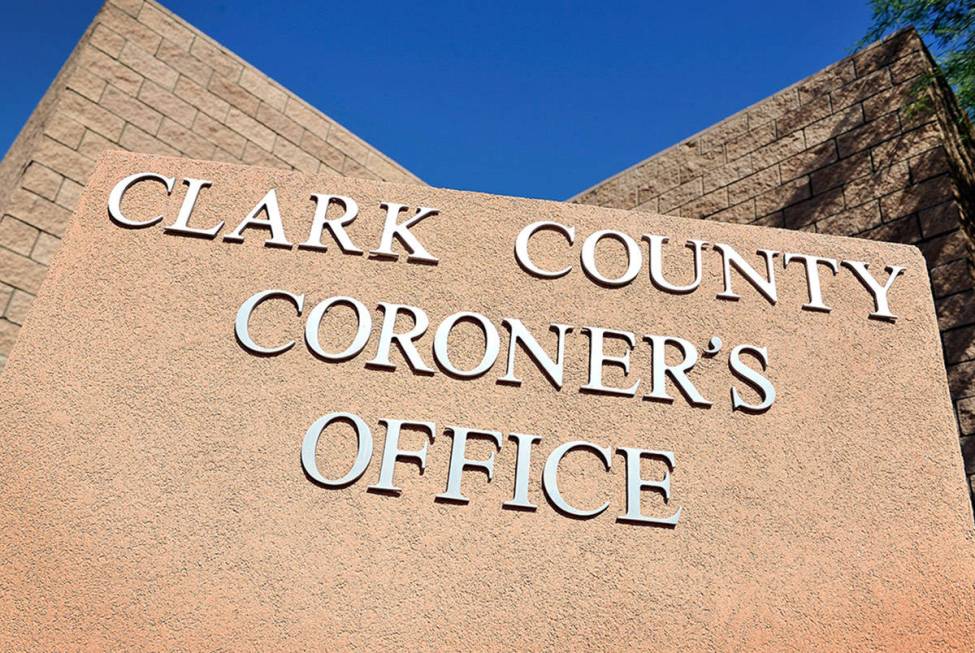Clark County to pay Review-Journal legal fees in autopsy fight

Clark County will have to pay the Review-Journal $167,000 in legal fees after losing a lawsuit over the release of child autopsies.
The newspaper had asked for approximately $210,000 as reimbursement for legal fees, but District Judge David Jones did not explain why he reduced the amount by $43,000 in his ruling Tuesday. The county had already spent close to $80,000 in taxpayers’ money on its outside counsel in the four-year fight.
Review-Journal Executive Editor Glenn Cook said the ruling helps promote open government.
“Clark County owes taxpayers an apology,” he said Wednesday. “The county willfully violated the law and embarked on years of legally baseless appeals, forcing the Review-Journal to incur significant legal costs. Transparency is the law.”
Review-Journal attorney Maggie McLetchie said the award of fees is important to make sure government doesn’t improperly withhold public records in the future.
“The Review-Journal fought hard to vindicate its rights under the public records act in court and finally obtained records that advance an important investigation after many years of delay by the Coroner’s office,” she said. “To further access, the Nevada Public Records mandates that a prevailing requester is entitled to their fees and costs in the legal proceeding.”
The newspaper sought the records as part of an investigation into the county’s child protection division. But it took two Nevada Supreme Court orders for Clark County to release the 653 unredacted child autopsies to the Review-Journal on New Year’s Eve 2020. The release came a day after the deadline set by District Judge Jim Crockett.
In July 2017, the Review-Journal filed a lawsuit against the coroner’s office seeking the release of the autopsies. The county for years had taken the position that autopsy reports were confidential even though the documents are not specifically exempted in the Nevada Public Records Act.
In February 2020, the Nevada Supreme Court ruled that autopsies are public record, but sent the case back to Crockett to determine whether any private medical information in the records needed to be redacted.
Late last year, Crockett offered to personally review the autopsies to see if there were valid privacy concerns — until he discovered that the coroner’s office hadn’t bothered to redact most of the autopsies. At that point, Crockett, who retired last year, blasted the county for dragging its heels and set the end of December deadline.
“Why the coroner’s office does not link arms with the Review-Journal and provide records freely and voluntarily is unimaginable,” he said at the time. “Everything demonstrates the coroner’s office is bound and determined to circumvent and avoid the Nevada Public Records Act by stonewalling and obfuscating.”
Clark County commissioners, except Commissioner Tick Segerblom, voted in December to approve more funding for the effort. Clark County did not immediately respond to a request for comment.
Contact Arthur Kane at akane@reviewjournal.com. Follow @ArthurMKane on Twitter. Kane is a member of the Review-Journal’s investigative team, focusing on reporting that holds leaders and agencies accountable and exposes wrongdoing.